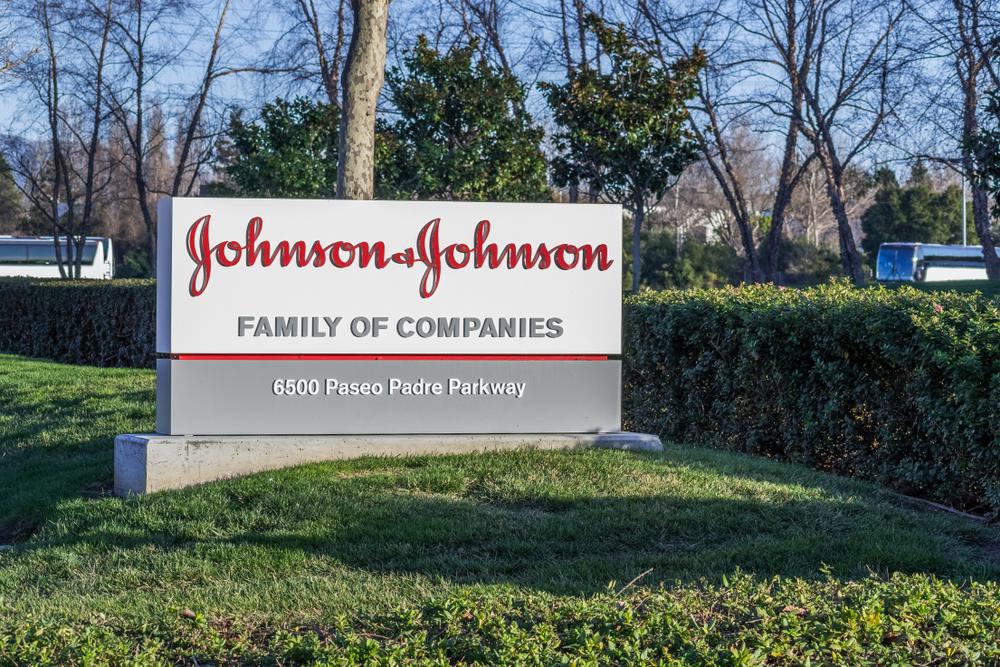
Johnson & Johnson (NYSE: JNJ) has been ordered to pay almost $4.7 billion (£3.58 billion) to 22 women who have claimed the group’s talcum powder contributed to them developing ovarian cancer.
The US pharmaceutical giant was involved in a six-week trial in St Louis, where the 22 affected women claimed the Johnson & Johnson product contained and covered up evidence of the powder containing asbestos.
Mark Lanier, the lead counsel for the women, said: “We hope this verdict will get the attention of the J&J board and that it will lead them to better inform the medical community and the public about the connection between asbestos, talc and ovarian cancer.”
“The company should pull talc from the market before causing further anguish, harm and death from a terrible disease,” he added.
According to the lawyers involved, asbestos fibres and talc particles were found in the ovarian tissues of the women. Six of the women who developed cancer have died.
Johnson & Johnson have continued to deny that the use of their products has contributed to the development of cancer, calling the case “unfair”.
“The evidence in the case was simply overwhelmed by the prejudice of this type of proceeding. Johnson & Johnson remains confident that its products do not contain asbestos and do not cause ovarian cancer,” said the group in a statement.
“Every verdict against Johnson & Johnson in this court that has gone through the appeals process has been reversed and the multiple errors present in this trial were worse than those in the prior trials which have been reversed.”
The company has been sued by over 9,000 women who have also claimed that its talcum powder has contributed to their ovarian cancer.
Last year, the group faced a similar lawsuit which was dismissed due to the complainant’s arguments being too insufficient and vague.
Shares in the group fell over three percent in pre-market trading.
